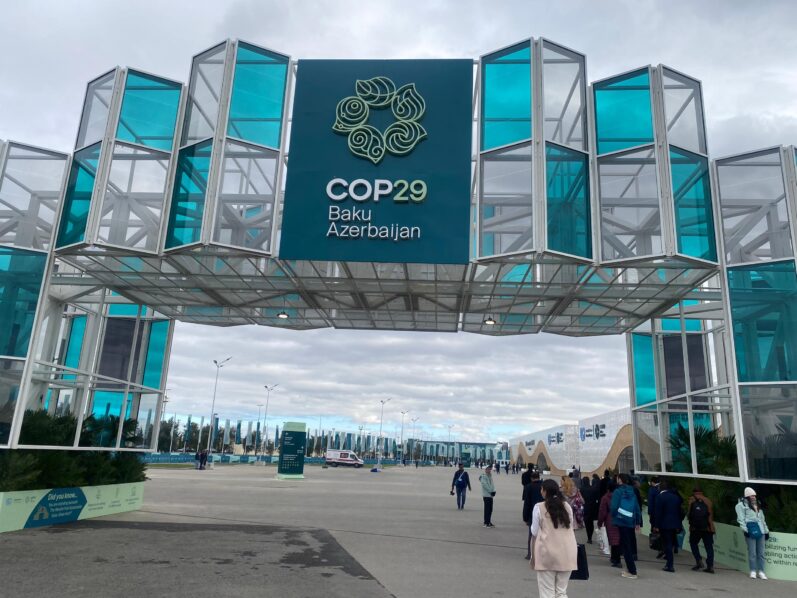
Groups flay rich nations for evading moral, financial responsibilities
The United Nations (UN) Climate Change Conference (COP29) that brought together nearly 200 countries in Baku, Azerbaijan, closed yesterday with a new financial goal to help countries protect their people and economies against climate disasters, and share in the vast benefits of the clean energy boom.
The agreement sets a goal of delivering at least $300 billion per year by 2035, with developed countries taking the lead and developing countries encouraged to contribute voluntarily. The COP decision also called on all actors to work toward scaling up financing to at least $1.3 trillion for developing countries from all public and private sources.
Known formally as the New Collective Quantified on Climate Finance (NCQG), it was agreed upon after two weeks of intensive negotiations and several years of preparatory work. This process requires all nations to unanimously agree on every word of the agreement.
The new finance goal at COP29 builds on significant strides forward on global climate action at COP27, which agreed on a historic Loss and Damage Fund, and COP28, which delivered a global agreement to transition away from all fossil fuels in energy systems swiftly and fairly, triple renewable energy and boost climate resilience.
The finance agreement at COP29 comes as stronger national climate plans (Nationally Determined Contributions, or NDCs) become due from all countries next year. These new climate plans must cover all greenhouse gases and all sectors, to keep the 1.5°C warming limit within reach. COP29 saw two G20 countries – the UK and Brazil – signal clearly that they plan to ramp up climate action in their NDCs 3.0 because they are entirely in the interests of their economies and peoples.
COP29 also reached an agreement on carbon markets – which several previous COPs had not been able to achieve. These agreements will help countries deliver their climate plans more quickly and make faster progress in halving global emissions this decade, as required by science.
A notable achievement was the progress made on carbon markets. After nearly a decade of work, countries have agreed on the final building blocks that set out how carbon markets will operate under the Paris Agreement, making country-to-country trading and a carbon crediting mechanism fully operational.
On country-to-country trading (Article 6.2), the decision out of COP29 provides clarity on how countries will authorise the trade of carbon credits and how registries tracking this will operate. And there is now reassurance that environmental integrity will be ensured upfront through technical reviews in a transparent process.
Countries agreed on standards for a centralised carbon market under the UN (Article 6.4 mechanism), which is good news for developing countries, which will benefit from new flows of finance. It is particularly good news for least-developed countries, which will get the capacity-building support they need to get a foothold in the market.
They also agreed on a decision on gender and climate change, extending the enhanced Lima Work programme on gender and climate change for another ten years, reaffirming the importance of gender equality and advancing gender mainstreaming throughout the convention.






